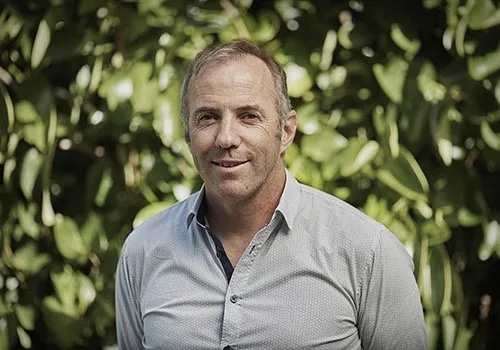
They want to eradicate rats, stoats and possums from the entire country by mid-century that are killing off the bird life.
Brent Beaven, Program manger of “Predator free 2050” project (PF) stated, “This is globally unique and unattempted before. There’s no manual to guide us, no precedent to follow. How, then, do we make sure we get this right?
If we consider that PF2050 is a solution to a problem, then our first step is to try to understand the nature of that problem. People broadly recognise three kinds of problem: simple, complicated, and complex.
A simple problem is one that somebody’s solved before, so that they’ve already worked out the solution for you.
Clearly, PF2050 isn’t one of those…
A complicated problem is one you don’t know how to fix yourself. You may not even know what the problem is; you just know it’s in there somewhere. Let’s say your car’s engine is making a weird noise.
There are an awful lot of moving parts in an engine, and the problem could be anyone of them, but the main thing about complicated problems is that there are experts out there who know how to fix them, even if you personally don’t.
Complex problems are more nebulous, because even experts can’t know all the forces at work in them. It follows then, that we can’t know the solutions, either. The vexing thing about complex problems is that trying to fix them often changes the nature of the problem itself — and our history in Aotearoa is full of these, more below.
So the only way to approach complex problems is to try something, and see what happens.
Maybe that will be something completely unexpected, but the trick is to learn from it before trying something else. The fancy name for this is “adaptive management” or “developmental evaluation”, but it’s really just careful, considered trial and error — giving the solution a way to emerge.
PF2050 means dealing with the most nebulous things there are — nature and
This will pose problems of all kinds, so it’s vital to take time to first understand which kind you’re dealing with, so that your response is the appropriate one.
A simple solution, for instance, won’t fix a complex problem. As proven throughout history, a simple approach is unlikely to work across diverse, complex ecosystems — precisely the sort where Predator Free will operate.
Ironically, it was this “applying the wrong solution to the problem” thinking that got us into this mess in the first place.
When the colonists brought stoats and possums to Aotearoa New Zealand, they assumed they were dealing with a simple problem that could be fixed with simple, known strategies — the stoats would deal with the rabbit problem, and the possums would fix the lack of a fur trade. A prescient few saw the folly of these ideas, and pleaded for them to be abandoned, but a dogmatic cabal drove them through.
Even the naturalists couldn’t anticipate the carnage that followed, simply because nobody understood the stochastic nature of nature—i.e. random happenings or patterns that can be analysed, but are hard to precisely predict. In those days, people believed ecosystems followed certain laws, most of which gravitated inexorably towards some imagined
In reality, they made a complex problem greatly worse: the intricacy of natural systems gave things ways to backfire beyond our most fevered nightmares.
Now, as we try to halt and reverse the harm of that kind of thinking, it’s important that we don’t unwittingly repeat it.
Learning by doing begins with the very premise that we don’t fully understand what we’re up against. We won’t succeed by pressing home a prescription on the assumption that it’ll somehow conquer the uncertainties.
It will come from treating every Predator Free project as a chance to learn more about those uncertainties. It will come, in fact, from getting things wrong occasionally. It will come from giving up some cherished beliefs and going back to the drawing board.
Because Predator Free has a deadline, there’s an understandable sense of pressure for progress — to get some acreage ticked off right now, then to move onto the next.
But there’s a risk in that: we can’t stage-manage nature any more than the colonists
If we prioritise body counts over learning as we go, we’ll have no solutions for that inevitable occasion when Nature doesn’t respond the way we expect it to. The beauty of learning by doing — of reflecting on what went wrong and why — is that the lesson itself represents an objective met, rather than a failure suffered.
At present, there are 19 regional PF2050 projects. Each one should rightly be regarded as an experiment in breakthrough science.
Yes, the clock is ticking, but we shouldn’t feel too pressured for results just yet: we can — and should — spend half our effort and resources over the next 10 years on innovation and learning, through science and matauranga — testing as many different designs and methods as we can.
Finally, we spend the balance doing — eradication projects across the full gamut of environments, the better-informed for that early trial and error.
It becomes clear that a complex problem like Predator Free lies well beyond the mandate — or the resources — of any one agency to solve.
Which is why a solution can only come from truly national collaboration between all sectors of society, business and governance. And from a willingness to accept that, if at first we don’t succeed, we do our best to figure out why …
And then we try again.

Be the first to comment